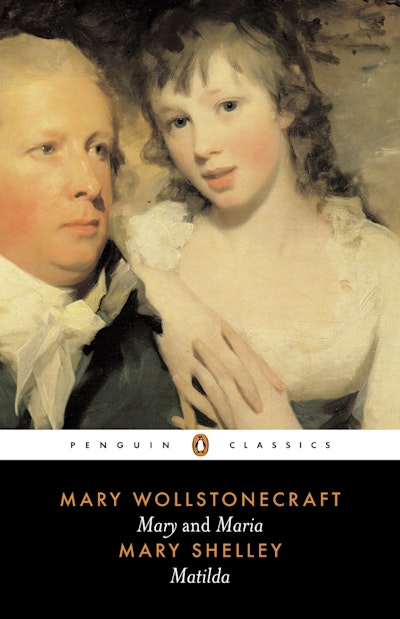- Published: 25 February 2015
- ISBN: 9780143107460
- Imprint: Penguin Classics
- Format: Paperback
- Pages: 752
- RRP: $55.00
The Portable Emerson
An updated collection of representative works by the founder of America's intellectual tradition
A comprehensive collection of writings by “the most influential writer of the nineteenth century” (Harold Bloom)
Ralph Waldo Emerson’s diverse body of work has done more than perhaps any other thinker to shape and define the American mind. Literary giants including Henry David Thoreau, Nathaniel Hawthorne, and Walt Whitman were among Emerson’s admirers and protégés, while his central text, Nature, singlehandedly engendered an entire spiritual and intellectual movement in transcendentalism. This long-awaited update—the first in more than thirty years—presents the core of Emerson’s writings, including Nature and The American Scholar, along with revelatory journal entries, letters, poetry, and a sermon.
For more than seventy years, Penguin has been the leading publisher of classic literature in the English-speaking world. With more than 1,700 titles, Penguin Classics represents a global bookshelf of the best works throughout history and across genres and disciplines. Readers trust the series to provide authoritative texts enhanced by introductions and notes by distinguished scholars and contemporary authors, as well as up-to-date translations by award-winning translators.
- Published: 25 February 2015
- ISBN: 9780143107460
- Imprint: Penguin Classics
- Format: Paperback
- Pages: 752
- RRP: $55.00
Other books in the series
About the authors
Date: 2013-08-06
Ralph Waldo Emerson (1803-1882) was a renowned lecturer and writer, whose ideas on philosophy, religion, and literature influenced many writers, including Henry David Thoreau and Walt Whitman. After an undergraduate career at Harvard, he studied at Harvard Divinity School and became an ordained minister, continuing a long line of ministers in his family. He traveled widely and lectured, and became well known for his publications Essays and Nature.
Ralph Waldo Emerson, the son of a Unitarian minister and a chaplain during the American Revolution, was born in 1803 in Boston. He attended the Boston Latin School, and in 1817 entered Harvard, graduating in 1820. Emerson supported himself as a schoolteacher from 1821-26. In 1826 he was 'approbated to preach,' and in 1829 became pastor of the Scond Church (Unitarian) in Boston. That same year he married Ellen Louise Tucker, who was to die of tuberculosis only seventeen months later.
In 1832 Emerson resigned his pastorate and traveled to Eurpe, where he met Coleridge, Wordsworth, and Carlyle. He settled in Concord, Massachusetts, in 1834, where he began a new career as a public lecturer, and married Lydia Jackson a year later. A group that gathered around Emerson in Concord came to be known as 'the Concord school,' and included Bronson Alcott, Henry David Thoreau, Nathaniel Hawthorne, and Margaret Fuller.
Every year Emerson made a lecture tour; and these lectures were the source of most of his essays. Nature (1836), his first published work, contained the essence of his transcendental philosophy, which views the world of phenomena as a sort of symbol of the inner life and emphasizes individual freedom and self-reliance. Emerson's address to the Phi Beta Kappa society of Harvard (1837) and another address to the graduating class of the Harvard Divinity School (1838) applied his doctrine to the scholar and the clergyman, provoking sharp controversy. An ardent abolitionist, Emerson lectured and wrote widely against slavery from the 1840's through the Civil War.
His principal publications include two volumes of Essays (1841, 1844), Poems (1847), Representative Men (1850), The Conduct of Life (1860), and Society and Solitude (1870). He died of pneumonia in 1882 and was buried in Concord.
























































































































































































































































































































































































































































































































































































































































































































































































































